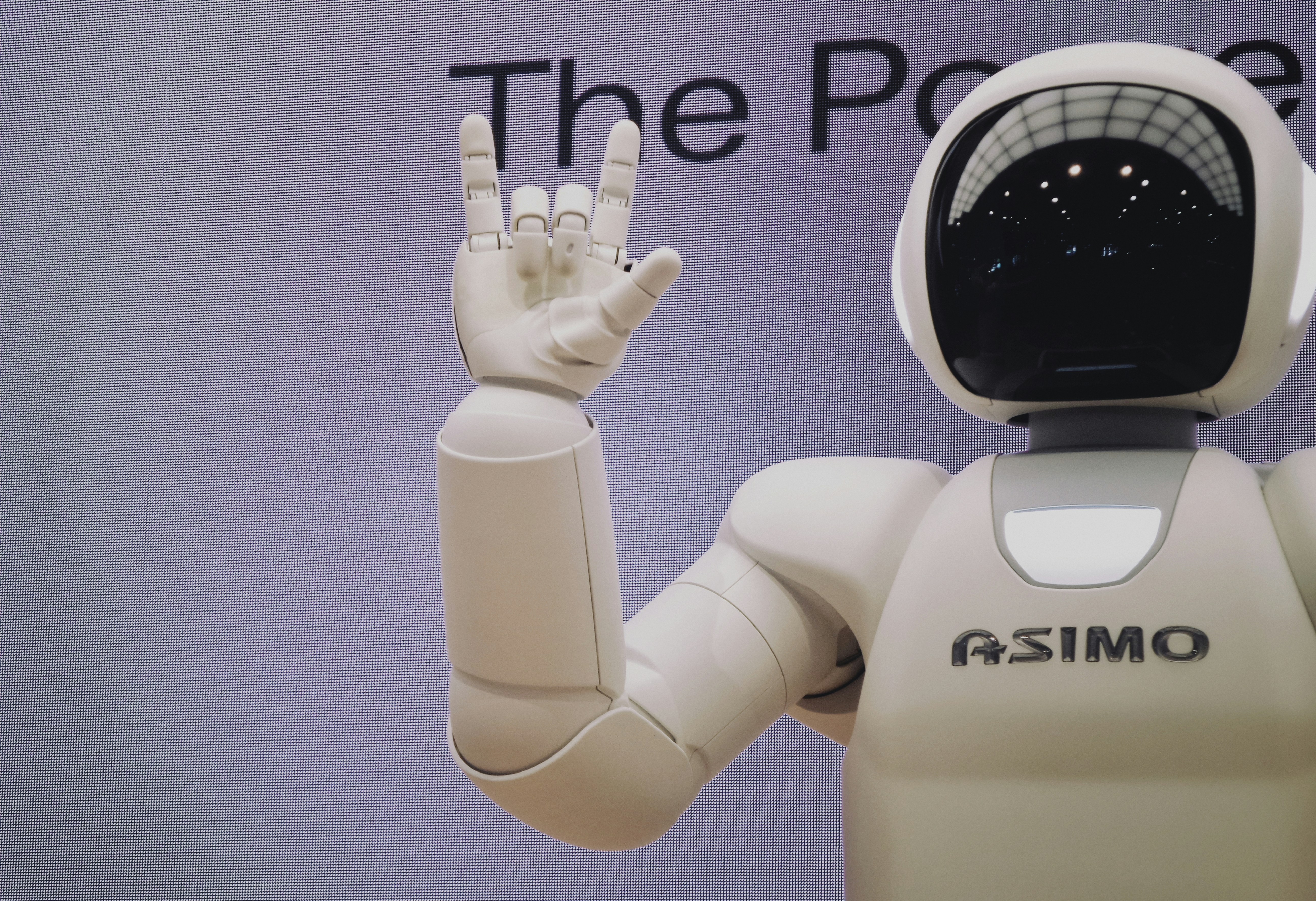AI in Special Education: Revolutionizing Inclusive Learning
Artificial intelligence (AI) is transforming various sectors, and education is no exception. One of the most impactful applications of AI is in special education, where it is enhancing learning experiences and outcomes for students with diverse needs. By offering personalized support, adaptive learning tools, and improved accessibility, AI is revolutionizing inclusive education.
Personalized Learning Plans
AI can develop tailored learning plans that cater to the unique needs of each student, ensuring that they receive the support they require.
Adaptive Learning: AI-powered platforms can adjust the difficulty and pace of lessons based on a student's performance. This customization helps students learn at their own speed and ensures they are neither bored nor overwhelmed.
Individualized Support: AI can identify specific areas where a student may struggle and provide targeted interventions. This individualized approach ensures that each student receives the attention and resources they need to succeed.
Enhancing Accessibility
AI technologies are breaking down barriers to education for students with disabilities, making learning more accessible and inclusive.
Speech Recognition: For students with speech impairments, AI-powered speech recognition tools can facilitate communication and participation in class activities.
Text-to-Speech and Speech-to-Text: These tools assist students with reading or writing difficulties by converting written text to spoken words and vice versa, enhancing their learning experience and independence.
Visual Aids: AI can provide visual aids and augmentative communication devices to support students with visual impairments or other disabilities, ensuring they can access and engage with educational content.
Supporting Educators
AI is not just beneficial for students; it also supports educators by providing valuable insights and tools to enhance their teaching strategies.
Data-Driven Insights: AI systems can analyze student data to identify trends and patterns, helping teachers understand their students' strengths and weaknesses. This information allows educators to tailor their teaching methods to meet the needs of each student more effectively.
Automating Administrative Tasks: By automating routine tasks such as grading and attendance, AI frees up teachers' time, allowing them to focus more on individualized instruction and support for their students.
Promoting Inclusive Classrooms
AI fosters inclusive classrooms by enabling students with special needs to participate fully in all educational activities.
Collaborative Learning: AI tools can facilitate collaborative learning by enabling students with different abilities to work together on projects and assignments. This inclusive approach promotes mutual understanding and respect among students.
Behavioral Interventions: AI can help monitor and manage behavioral issues by providing real-time feedback and support to both students and teachers. This proactive approach ensures a positive and conducive learning environment for all.
Challenges and Ethical Considerations
While AI offers numerous benefits in special education, it also presents challenges and ethical considerations that need to be addressed.
Privacy and Security: Protecting student data is paramount. Schools must implement robust security measures to safeguard sensitive information and maintain trust.
Bias and Fairness: AI systems must be designed to avoid bias and ensure fairness. It is crucial to regularly review and update AI algorithms to prevent discrimination and ensure equitable treatment of all students.
Teacher Training: Effective use of AI in special education requires ongoing professional development for educators. Teachers need to be trained in using AI tools and understanding their potential and limitations.
Conclusion: A Brighter Future with AI
AI holds tremendous potential to transform special education by providing personalized, accessible, and inclusive learning experiences. As technology continues to advance, the possibilities for AI in special education will only expand, offering new opportunities for enhancing educational outcomes for all students.
By addressing challenges and ethical considerations, schools can harness the power of AI to create a more inclusive and supportive educational environment. Embracing AI in special education will not only improve learning experiences for students with special needs but also promote a culture of inclusivity and equality in the classroom.
AI in Special Education
Discover how artificial intelligence supports diverse learning needs in special education.
Leslie Alexander





